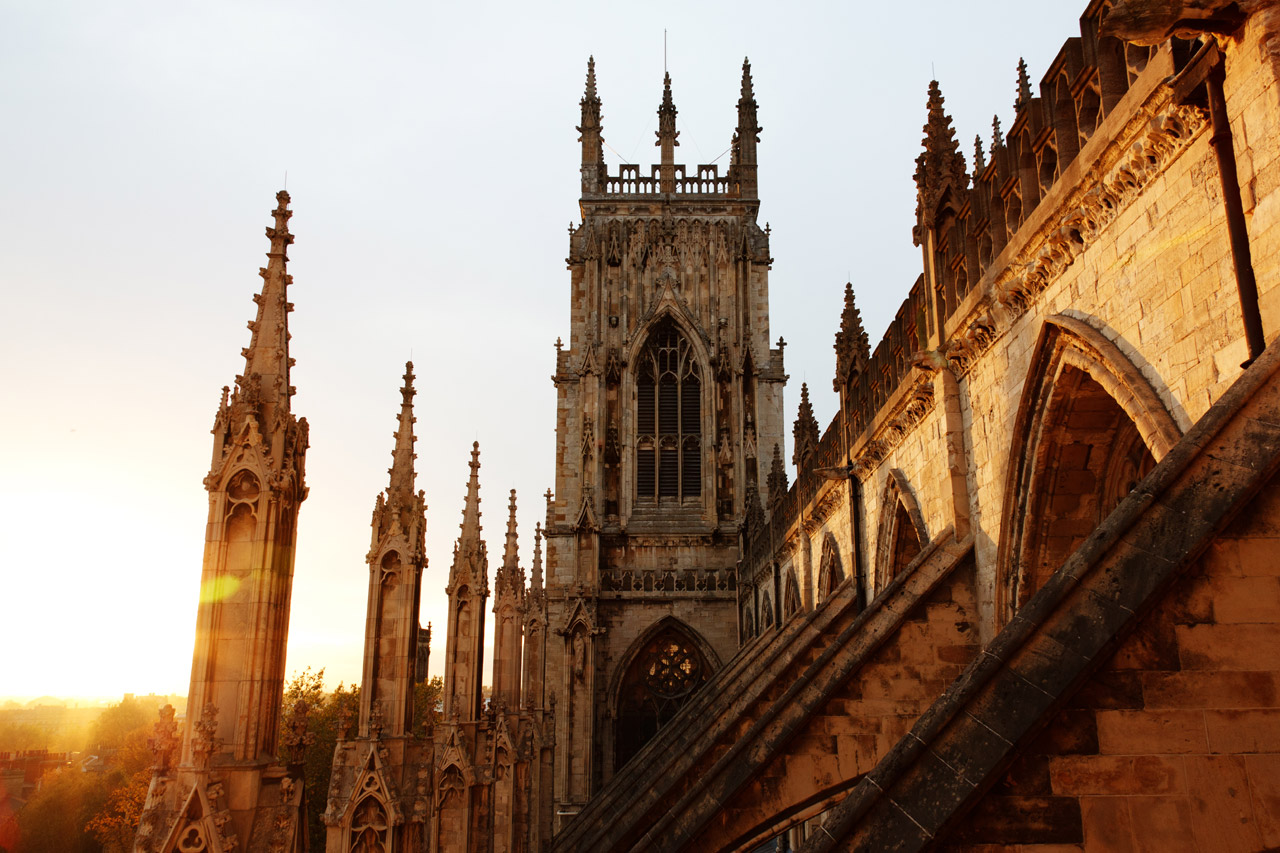
Introduction
Bologna, the capital city of the Emilia-Romagna region in northern Italy, is renowned for its rich history, vibrant culture, and exceptional cuisine. As one of the oldest universities in the world, founded in 1088, the city has played a crucial role in shaping education, law, and art throughout the centuries. Its unique blend of medieval architecture and modern life makes it a significant destination for tourists and scholars alike.
The Historical Significance of Bologna
The history of Bologna can be traced back over two millennia, with evidence of settlement found in its ancient Etruscan origins. Following its Roman conquest, the city flourished as a trading hub due to its strategic location. Notably, the iconic Two Towers, which were built in the 12th century, symbolise Bologna’s prominence during the medieval period. These towers also offer breathtaking views of the cityscape, attracting countless visitors each year.
Bologna’s Culinary Heritage
Often referred to as the “Food Capital of Italy,” Bologna is famous for its culinary traditions. The city is the birthplace of several Italian classics, including homemade pasta dishes like tagliatelle al ragù, commonly known as Bolognese sauce. The local markets, especially Mercato delle Erbe, offer fresh produce, cured meats, and artisanal cheeses, allowing visitors to indulge in authentic tastes of the region. This gastronomic culture has been further amplified during the Bologna Food Festival, which celebrates local ingredients and renowned chefs, drawing food enthusiasts from around the globe.
Modern Attractions and Events
In addition to its historical and culinary acclaim, Bologna boasts a vibrant arts scene. The city is home to numerous museums, theatres, and music venues, showcasing everything from classical performances to contemporary art exhibitions. Events such as the Arte Fiera, an international contemporary art fair, provide a platform for artists and collectors alike, reinforcing Bologna’s position as a cultural centre.
Conclusion
Bologna’s rich tapestry of history, culinary prowess, and cultural vibrancy highlights its significance as a key destination in Italy. As more travellers seek authentic experiences, Bologna’s reputation is likely to expand, attracting an increasing number of visitors eager to explore its maze of medieval streets and savour its flavours. The city’s balance of tradition and modernity ensures that it will remain a vital hub for those interested in history, education, and gastronomy for years to come.
You may also like

Exploring the Historic City of York: A Cultural Gem

Exploring Westbourne Road in Islington: A Local Perspective
